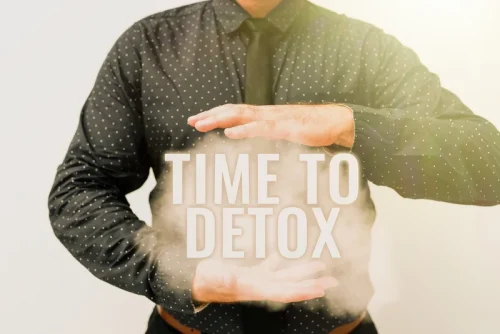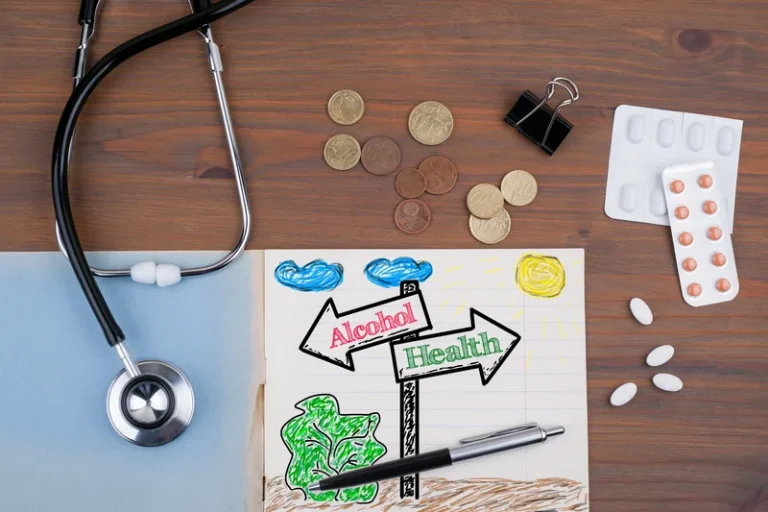
Schuckit and colleagues have studied the rates of psychiatric disorders in COA’s from a variety of perspectives. In this followup study, although the sons of alcoholics were three times more likely to develop alcohol abuse or dependence, they showed no higher rates of major depressive disorders or major anxiety disorders during the followup period. Alcoholics frequently experience episodes of intense depression and/or severe anxiety. Depressed or anxious alcohol-dependent people often believe that they drink to relieve symptoms of sadness or nervousness. However, research does not unanimously support the prior existence of severe depressive or anxiety disorders as a usual cause of alcoholism. Psychological symptoms may carry a worse prognosis for alcohol-related problems, and these symptoms does alcohol make depression worse must be addressed early in alcoholism treatment.
Breaking the Stigma: Borderline Personality Disorder in Men
No matter your drink of choice, alcohol can easily be abused and often is, especially when it’s used to self-medicate. Pouring yourself a glass of wine or cracking a beer at the end of a long day may temporarily relieve feelings of depression, because alcohol acts as a sedative, but it will exacerbate those feelings and actually intensify them. If you feel depressed even when you don’t drink, or you drink because you feel depressed, it’s best to reach out to a mental health professional.

What are the immediate clinical implications of coexisting depressive and anxiety states among alcoholics?

But for some people, these feelings don’t go away – they get worse and their feelings of depression can start to interfere with everyday life. MICHAEL D. STEIN received his MD from Columbia College of Physicians and Surgeons. He is professor of medicine and community health at Brown University Medical School and director of the Substance Abuse Research Unit at Rhode Island Hospital. His research focuses on the intersection of primary care, mental health, and substance abuse treatment. It probably won’t hurt to have a glass of wine or beer once in a while for social reasons unless you have a health condition that prevents you from drinking.
- Alcohol abuse and dependence are both considered an alcohol use disorder, with studies finding that alcohol dependence is more closely tied to the persistence of depressive disorders.
- Acetaldehyde contributes to inflammation in the liver, pancreas, intestinal tract, and brain, among other organs.
- However, the flip side is that people who frequently use alcohol are more likely to also be depressed.
Effects of Alcohol Use
Hangovers or withdrawal from alcohol can worsen anxiety symptoms, especially among people who drink heavily or those with alcohol use disorder. Anxiety occurs in addition to the typical health risks, which range from risky behaviors to weight gain, liver damage, and other physical effects. Once a person becomes deeply depressed, regardless of the cause, he or she may need to be hospitalized and provided with the appropriate precautions against suicide. These steps should be considered even if the patient’s depressive disorder is a relatively short-lived alcohol-induced state.

people share how alcohol worsened their depression — and how sobriety helped improve their mental health
According to Kennedy, for those taking antidepressants, combining them with alcohol can reduce their efficacy. Taking action to manage negative emotions as you experience them can help keep them from getting too overwhelming. A glass of water and a light snack can help you avoid a bad hangover. You might feel a little unwell physically, but as long as the room doesn’t spin when you stand up, try to get outside for a short walk — or a longer one, if you can manage it. Then, try distracting yourself what is alcoholism to help take your mind off how you feel.

All of these chemicals play a pivotal role in mood regulation, pleasure, and relaxation. When alcohol interferes with these neurotransmitters, you can experience mood swings, increased anxiety, and worsened depressive symptoms. Alcohol consumption can lead to feelings of depression due to chemical reactions. In the short term, drinking alcohol can make you feel good, sociable, and even euphoric.
- Talk to a healthcare provider when you are considering quitting if you have a long history of heavy drinking or alcohol use disorder.
- Researchers found that the 30,770 participants with depression reported having an average of three physical health conditions, while people without depression had an average of two.
- But does regular drinking lead to depression, or are people with depression more likely to drink too much alcohol?
- A dual diagnosis can be complicated to treat, no matter the circumstances.
- By the time she reached age 25, she could barely get out of bed in the morning due to her depression.
- And if you’re worried about your drinking, there are alcohol support services that can help.